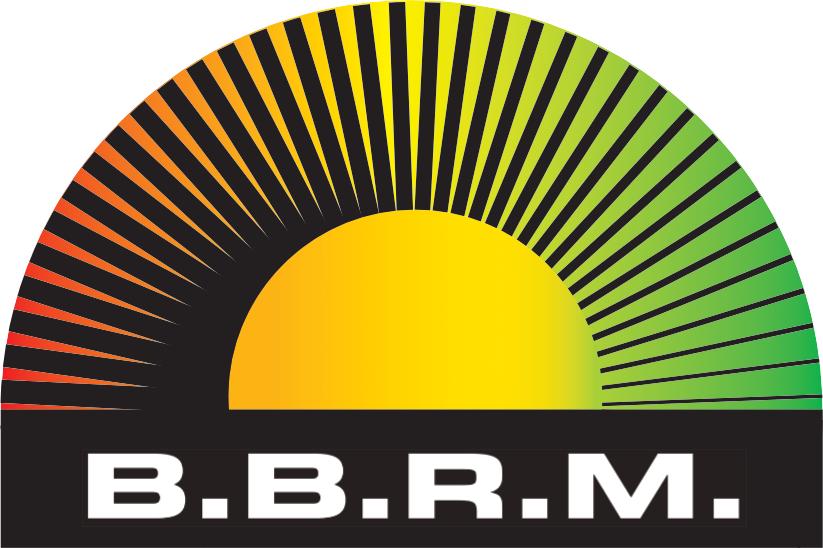Scientist Patrick Allen '84 is on a dual mission-to probe the complexities of the human immunodeficiency virus (HIV) and to increase awareness in the black community about the need to become involved in biomedical research.
A professor of research at the University of Colorado at Boulder, Dr. Allen heads his own laboratory, funded by a major grant from the National Institute of Allergic and Infectious Diseases of the National Institutes of Health (NIH). To the best of his knowledge, he is the only black molecular biologist with an RO-1 rating in HIV research - RO-1 grants being those given to principal investigators.
The uniqueness of his position has set Allen on a long-range course of action - to increase the number of blacks in biomedical research and thereby focus attention on the development of drugs and vaccines that will benefit the black population.
"I want people to understand that involvement in this field, both as researchers and as subjects in drug research, is very important for the health of the black community," he says. He feels that such involvement will have an effect similar to that of the growing number of women in science, which has resulted in more attention being paid to female-related health problems.
Allen's position as one of several top scientists in HIV research at the University of Colorado gives him the leverage to reach major black government, entertainment, and sports figures to begin to solve what he acknowledges is a complex problem.
"There are so few blacks in science because they are distrustful of it - and their suspicion is due to the fact that the people in the field aren't black," he notes. "At the same time, across the board, black people are the most affected by infectious diseases, including ones that are specific to them like sickle cell anemia, or prevalent among them, such as allergic asthma and hypertension."
Passionate and articulate about the need for change, Allen is also an excellent role model. A native of Jamaica, West Indies, he came to Westchester County, New York, at the start of seventh grade. When it came time to attend college, he chose Springfield because of its smallness and because "everyone said 'hello'." Though a biology major, he admits to being "more into wrestling than anything else at the time"-not surprising for an All-American with his sights set on the 1984 Olympics. Meanwhile, as a junior, Allen interned at Memorial Sloan-Kettering Cancer Center in New York, where he worked on blood research in a leukemia lab. That experience came during the year that HIV began getting attention.
A year later, a knee injury dashed his hopes for the Olympics and he opted for graduate school. At the University of California at Santa Cruz, the emphasis on technical training provided a perfect complement to the academic grounding Allen had received at Springfield College. With his graduate work focused on nucteic acids and proteins-the same components of the HIV virus Allen's future course was virtually set. After earning his Ph.D. in molecular biology in 1991, he joined the faculty of the University of Colorado. In addition to his NIH funding, Allen holds a Jane Coffin Childs Fellowship, a post-doctoral cancer grant out of Yale University.
Allen is hoping to organize mentorships between his colleagues and black students entering the field. He likens his campaign to the long-range drive to change attitudes about cigarette smoking: "We have to make health and biomedical research priority issues, and find ways to reach everyone in the black community. I'm thinking thirty years. It's going to take a lot of time and effort."




















